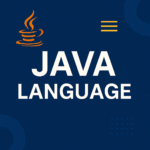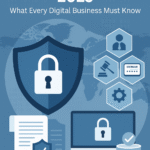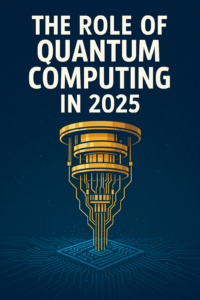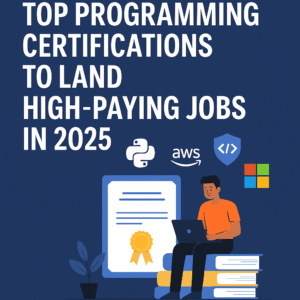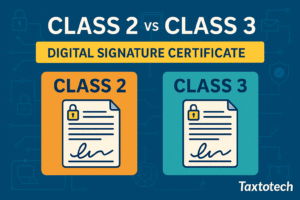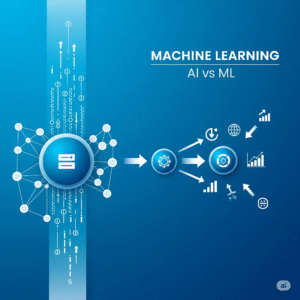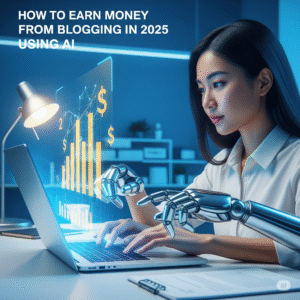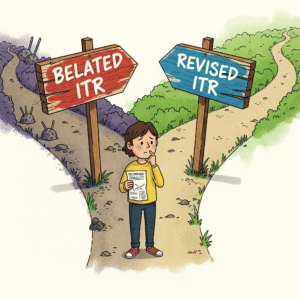For years, quantum computing has promised the next giant leap in technology. But has it finally crossed from theoretical physics into real-world impact? In 2025, the answer is both yes and no. Let’s unpack the latest progress in quantum tech, bust a few myths, and explore what the next few years might hold.
What Is Quantum Computing? A Simple Recap
Unlike traditional computers that use bits (0 or 1), quantum computers use qubits, which can be both 0 and 1 at the same time (superposition). They also use entanglement — where qubits influence each other even if separated.
This enables them to handle complex calculations that classical systems would take years to solve.
Key Quantum Computing Developments in 2025
| Company | Key Update (2025) | Tech Milestone |
|---|---|---|
| IBM | 433-qubit system deployed in cloud | Quantum-as-a-Service (QaaS) platform live |
| Demonstrated quantum supremacy 2.0 | Solved a material simulation 47x faster | |
| Rigetti | Launched modular QPU chips | Supports scalable architecture |
| PsiQuantum | Prepping for photonic-based quantum cloud launch | Zero-noise systems under development |
| IonQ | Quantum machine learning on QNLP | Partnered with major banks |
Real Use Cases: Where Quantum Is Actually Working
- Drug Discovery: Quantum simulation models help map molecules for cancer drugs.
- Finance: Portfolio risk optimization by JPMorgan using quantum annealing.
- Logistics: DHL uses quantum computing to solve route optimization challenges.
- Climate: Predicting atmospheric behavior using quantum-enhanced weather modeling.
These examples are early-stage, but tangible — meaning quantum is no longer just hype.
Quantum Computing vs AI: Collaboration or Competition?
Quantum and AI aren’t competing — they’re converging.
- AI needs faster processing → quantum can optimize model training
- Quantum needs algorithms → AI helps create quantum error-correction codes
- Together, they’re forming a new wave: Quantum Machine Learning (QML)
Companies like Xanadu and Google DeepMind are already working on hybrid AI + quantum platforms.
Big Tech Players in the Quantum Race
| Company | Area of Focus | Investment (2025 Est.) |
|---|---|---|
| IBM | Cloud-based QaaS & superconducting qubits | $4.2 Billion |
| AI integration & quantum supremacy goals | $3.6 Billion | |
| Microsoft | Azure Quantum ecosystem | $2.8 Billion |
| Amazon | Braket platform for developer access | $1.5 Billion |
| Baidu | China’s national quantum cloud project | $2.1 Billion |
Hype Check: What’s Still Not Ready in 2025?
- Quantum PCs at home: Still far off
- Decoherence issues: Qubits are still unstable and prone to error
- Encryption replacement: Post-quantum cryptography is still being tested, not deployed
- Mass adoption: Cost and hardware fragility limit use to select industries
So while we’re closer, quantum is still years away from mainstream outside enterprise labs and research.
Quantum Education in India & Globally
In 2025:
- IITs and IISc have launched Quantum Tech Master’s programs
- Platforms like Qiskit, Braket, and Google Cirq offer cloud-based learning
- AI-powered virtual tutors like QuantumTutor.ai personalize learning
Taxtotech Tip: For hands-on learning, start with IBM’s Quantum Lab (free), then progress to paid simulations via Azure or Amazon Braket.
Impact on Developers & Tech Careers
- New role boom: Quantum engineers, QML scientists, Q-coders
- Crossover skills in demand: Python + Qiskit + ML = super valuable
- Certifications: Google, IBM, and Coursera now offer recognized quantum credentials
Global Policies & Regulation Watch
- USA: National Quantum Initiative Act now funds $1.3B in research
- EU: Quantum Flagship project working on ethics and accessibility
- India: National Mission on Quantum Technologies (₹8000 crore budget)
Governments are taking quantum seriously as the next-generation strategic asset.
FAQs
Q: Can quantum computers replace classical computers?
No — they complement them by solving specific types of problems classical machines can’t handle.
Q: Is quantum computing used in AI today?
Yes, for some advanced machine learning tasks — but mostly still experimental.
Q: Can I start learning quantum computing now?
Absolutely. Free tools like IBM Qiskit, Microsoft’s Quantum Dev Kit, and online simulators are available.
Q: How far are we from a consumer-ready quantum computer?
Experts estimate at least 10–15 years, if not more.
Final Thoughts from Taxtotech
In 2025, quantum computing is more real than ever, but we’re still far from everyday use. The breakthroughs are impressive — from AI integration to real-world problem solving — but mainstream quantum apps are in their infancy.
Still, the revolution is real — and it’s growing fast.
Bookmark Taxtotech.com for regular updates on emerging technologies and how they’re shaping your future, today.



